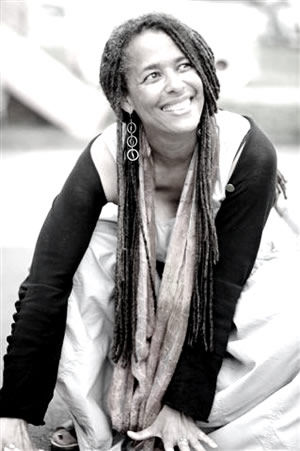Some information may be outdated.
Why are African Americans so underrepresented when it comes to interest in nature, outdoor recreation and environmentalism?
Come to the Grand County Public Library on Thursday, Oct. 6, at 7 p.m. to find out.
Writer, performer and cultural geographer Carolyn Finney will discuss her latest book, “Black Faces, White Spaces” during a free presentation, thanks to support from the library and the Utah Humanities 2016 Book Festival.
In the book, Finney looks beyond the discourse of the environmental justice movement to examine how the natural environment has been understood, commodified and represented by both white and black Americans. Bridging the fields of environmental history, cultural studies, critical race studies and geography, Finney argues that the legacies of slavery, Jim Crow and racial violence have shaped cultural understandings of the “great outdoors” and determined who should and can have access to natural spaces.
Drawing on a variety of sources from film, literature and popular culture, and analyzing different historical moments, including the establishment of the Wilderness Act in 1964 and the aftermath of Hurricane Katrina, Finney reveals the perceived and real ways in which nature and the environment are racialized in America. Looking toward the future, she also highlights the work of African Americans who are opening doors to greater participation in environmental and conservation concerns.
The Sierra Club has called the book “a must read for those who hope to make the parks matter to diverse populations.”
Grand County Public Library Head of Adult Services Meg Flynn said the library is excited to host Finney in Moab because the community serves as a gateway to outdoor recreation for groups and individuals of many backgrounds and cultures.
“Finney’s work is relevant for any organization or individual seeking to make connections between nature and diverse communities,” Flynn said.
“Black Faces, White Spaces” focuses on race and the environment
Appreciate the coverage? Help keep local news alive.
Chip in to support the Moab Sun News.





